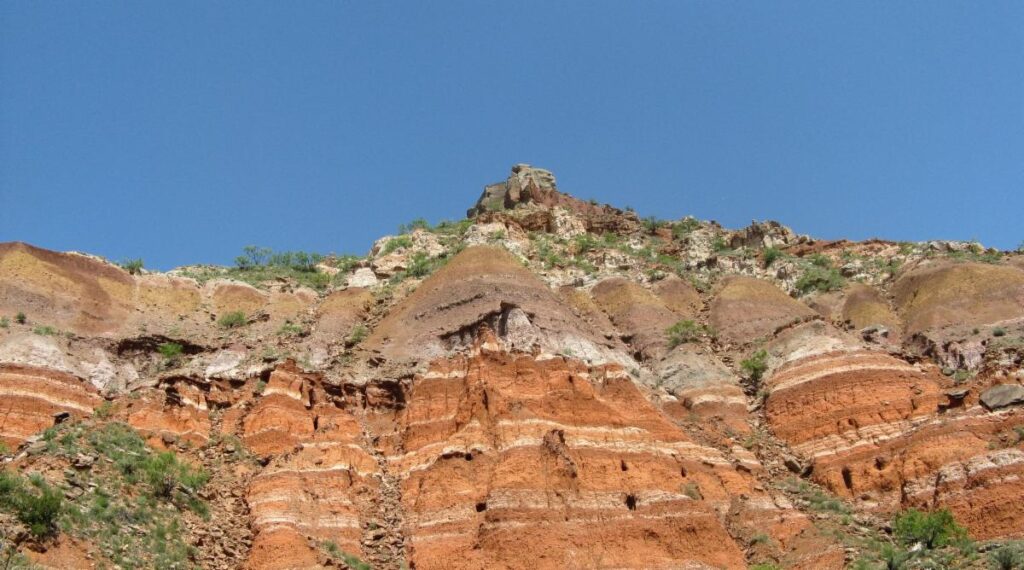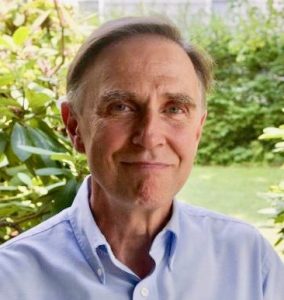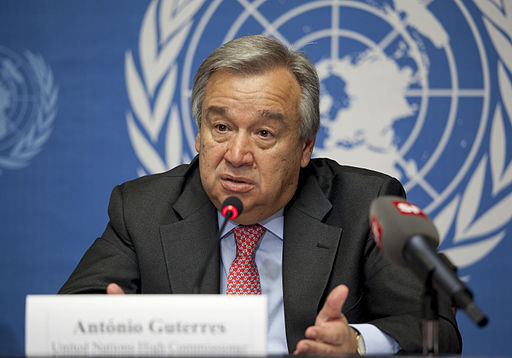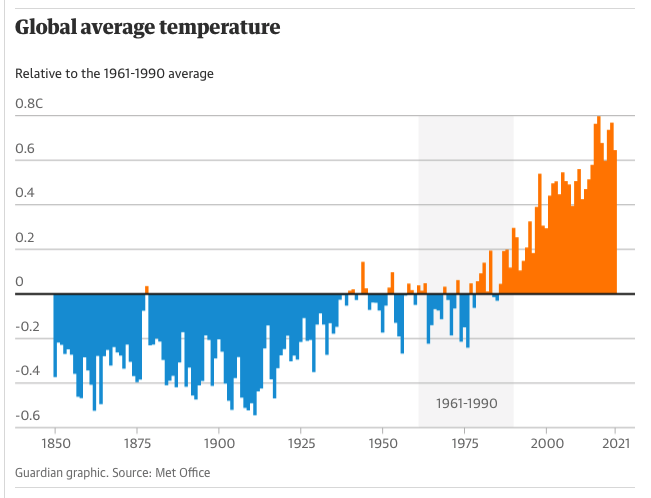Opinion: What Is An Acceleration Agenda?

Palo Duro Canyon State Park, Texas, Photo: Russ Vernon-Jones
Love, Justice And Climate Change

António Guterres was born in Portugal in 1949. He studied physics and electrical engineering and then worked as an assistant professor. He left education to enter politics and in time became the Prime Minister of Portugal for 7 years. National public opinion polls later ranked him as the best prime minister of the previous 30 years. From 2002 – 2015 he was the UN High Commissioner for Refugees and in 2017 was elected the Secretary-General of the UN.
I’ve been fascinated by the power of his succinct statements on climate change. I am unaccustomed to hearing the truth and a positive vision stated so boldly by someone in a high-ranking official position. With the release of the latest IPCC report (March 20, 2023) he said, “Humanity is on thin ice and that ice is melting fast.” He described the IPCC report as “a clarion call to massively fast-track climate efforts by every country and every sector and on every timeframe. In short, our world needs climate action on all fronts: everything, everywhere, all at once.”

The Situation Is Dire
Whether the echoing of the title of the recent Academy Award winning Best Picture was intentional or not, Guterres was deeply serious. This report, which is a summary and synthesis of the IPCC reports over the last two years, details the widespread scientific consensus that “humans are responsible for virtually all global heating over the last 200 years and concentrations of carbon dioxide are at their highest in at least 2 million years.” It shows that the impacts of this level of warming–extreme heatwaves, precipitation, droughts, and tropical cyclones–are already deadly and being experienced disproportionately by the world’s most vulnerable people. We are on a course for even greater temperature rise– a rise that humans and ecosystems in many parts of the world will be unable to adapt to.

It’s Not Too Late
While this report is brutally honest about how great the harmful effects of climate change are already and how woefully insufficient the efforts of governments and industries have been, it is still remarkably positive about the opportunities that are still available to us. It says, “There is a rapidly closing window of opportunity to secure a livable and sustainable future for all…The choices and actions implemented in this decade will have impacts now and for thousands of years.”
Leading climate scientist and IPCC author Prof Friederike Otto said the report highlights “not only the urgency of the problem and the gravity of it, but also lots of reasons for hope – because we still have the time to act and we have everything we need”.
Hoesung Lee, the Chair of the IPCC said, [The reports] “clearly show that humanity has the know how and the technology to tackle human-induced climate change. But not only that. They show that we have the capacity to build a much more prosperous, inclusive and equitable society in this process.”
Guterres Acceleration Agenda
To come back to António Guterres, he says that “The climate time-bomb is ticking … yet the IPCC shows that we have never been better equipped to solve the climate challenge.” He has proposed an “Acceleration Agenda” to “super-charge” these efforts. It includes:
- Developed countries reaching net zero close to 2040 (not 2050)
- Emerging economies reaching net zero by 2050
- Phasing out coal by 2030 in high-income countries and by 2040 everywhere
- Net zero electricity by 2035 for all developed economies and 2040 for the rest of the world
- Ending all licensing and funding of new oil and gas
- “Deliver[ing] climate justice to those on the frontlines … by safeguarding the most vulnerable communities and scaling up finance.” This will include doubling adaptation financing by 2025, implementing the new loss and damage fund this year, and reforming the World Bank and other multinational banks to “provide more grants and concessional loans and fully mobilize private finance.” Most of this finance must flow from the higher-income nations to the frontline nations.
“Every country must be part of the solution. Demanding that others move first only ensures that humanity comes last,” Guterres concludes.
Activism And Love
I’d like to end with a quote from Heidi Steltzer, an IPCC scientist who researches mountain climates. She identifies hope and love as a key ingredients in sparking societal changes. She says, “Hope is in the grassroots activism that we see taking place across our planet.” Whatever goals the world sets, “we don’t get there without love. We can’t get to 1.5 C or whatever target we set without love for ourselves, without knowing ourselves, and without connecting to, and caring for one another, our planet, and the universe.”
Russ Vernon-Jones was principal of Fort River School 1990-2008 and is currently a member of the Steering Committee of Climate Action Now-Western Massachusetts. He blogs regularly on climate justice at www.russvernonjones.org.
